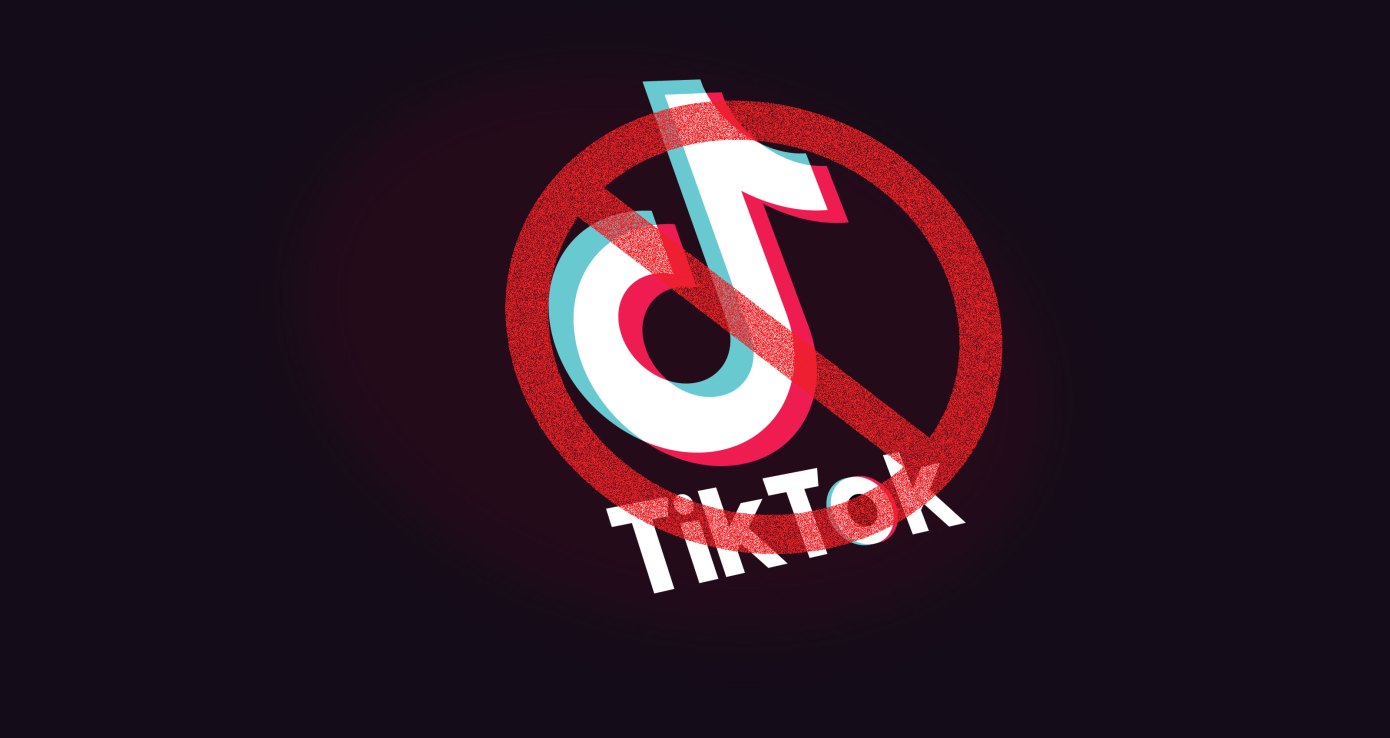TikTok has gained a name for itself in a very short span of time. Right now, it is one of the most popular short video apps.
The app is so popular that it is among the top 25 apps in 135 countries.

But, recently TikTok has been in hot waters. First, India banned TikTok and many other Chinese apps over privacy concerns. India was the biggest market for it and the app still hails very popular among Asian countries. Some of these TikTok stars get even more recognition than traditional celebrities.
However, in the United States, the market dynamics are a little different. The majority of the TikTok audience in the US shifted from Musical.ly. In 2017, TikTok owners, Bytedance, decided to purchase Musical.ly. The two platforms merged in 2018; hence, the transition from Musical.ly to TikTok.
But, on Monday night, Secretary of State Mike Pompeo, over Fox News, stated that the United States is “certainly looking at” banning TikTok and some other Chinese apps. The Secretary of State raises the concern that US citizens might be ceding information to Chinese Communists through such apps.
After India, losing the market in the US would be a huge blow to TikTok. Therefore, after Pompeo’s statement, TikTok announced that it would move out of Hong Kong at the earliest. Hong Kong, recently, has been facing an unparalleled wave of control from the Beijing government since the promulgation of the National Security law.
Also read: TikTok vs Youtube: The Feud Gains Hype
A company spokesperson stated that the company would stop operations in Hong Kong due to unprecedented circumstances. No further information was provided by the company in this respect.
So, what does this response mean?
The response by TikTok to this situation has been so vague that it leaves so many valid questions unanswered. However, the void in Hong Kong can be filled by Douyin, TikTok’s sister app that is operated by the Chinese team at Bytedance.
Bytedance CEO, Zhang Yiming, is also well aware of the difficult situation the company is facing. So far, a lot of effort has been made in this regard. Zhang Yiming has been trying to keep the app off the hands of Chinese ownership and Beijing censorship.
These efforts include keeping an overseas data center for TikTok out of Chinese authorities’ reach, letting outside experts take a sneak peek into its moderation process, and making Disney’s Kevin Mayer the new face of the app.
However, TikTok’s approach is in contrast with that of Facebook, Google, and other western companies. Western companies straight up denied that they would either stop or suspend data review requests from the Hong Kong government.
A lot of people think that this step by TikTok is an outright rejection of Chinese censorship and surveillance. However, it could also be possible that the company is simply buying time to plan their next move.
If we look at Hong Kong’s influence on the app’s market, it’s very minimal. Out of 2 billion global downloads, Hong Kong only housed 150,000 users.
Nevertheless, privacy concerns have cost TikTok its largest market and might just cause it to drop out of the US as well. These concerns need to be addressed timely if the app wants to fill the void it created itself.


